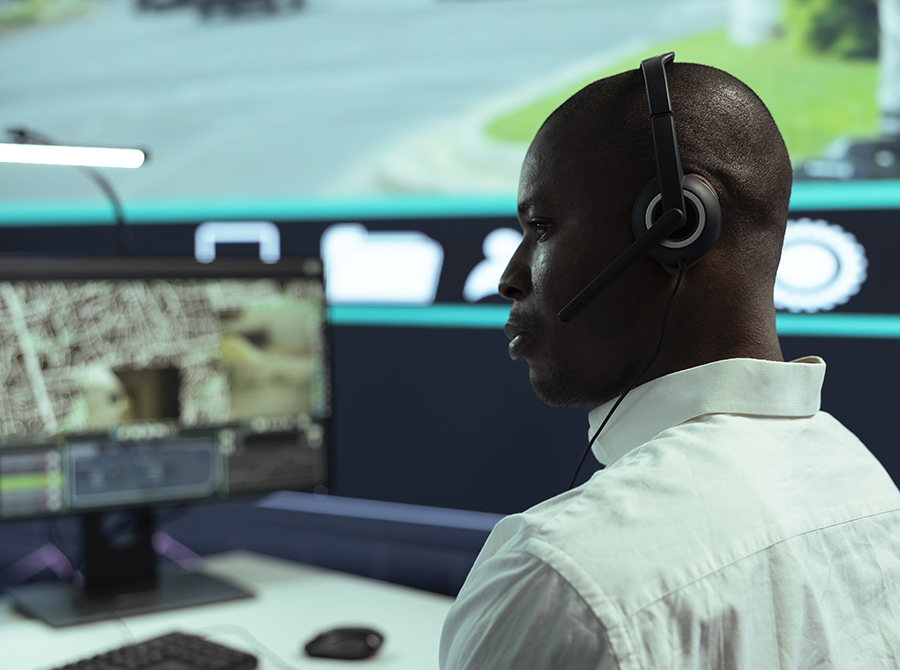The Challenge of Complacency
Being a 9-1-1 dispatcher is a demanding and high-pressure job. Dispatchers work long hours, manage high call volumes, navigate emotionally charged situations, and often receive little recognition for their critical contributions. Over time, these factors can lead to burnout, compassion fatigue, and, most dangerously, complacency.
Complacency occurs when someone becomes overconfident, careless, or indifferent to the potential hazards or consequences of their actions. For dispatchers, this might mean missing details, skipping questions, making assumptions, or, in extreme cases, losing empathy or failing to perform essential duties.
To ensure continued effectiveness and safety, dispatchers must actively combat complacency with intentional strategies that keep them engaged, attentive, and resilient.
Proven Strategies to Prevent Complacency
1. Embrace Continuous Training and Education
Staying sharp and motivated requires a commitment to lifelong learning. Dispatchers should seek opportunities to update their knowledge of new protocols, technologies, and techniques. Continuous education not only enhances skills but also keeps dispatchers engaged and prepared for evolving situations.
2. Adhere to Standard Procedures and Protocols
Consistency is key. Following established procedures and protocols for every call—even routine ones—helps prevent errors, omissions, and shortcuts. This disciplined approach ensures that no detail is overlooked, maintaining the highest level of service and safety.
3. Seek Support When Needed
Stress, burnout, and trauma are part of the reality for emergency communicators. Dispatchers should feel empowered to seek help from supervisors, peers, or mental health professionals. Early intervention can address issues before they impact performance or well-being.
4. Prioritize Mental Health and Wellness
Maintaining mental health is essential for staying focused and resilient on the job. Here are actionable steps to support well-being:
- Take Regular Breaks: Step away during shifts to reset and maintain focus.
- Adopt a Positive Mindset: Reflect on successes and foster optimism to counter negativity.
- Engage in Hobbies and Interests: Activities outside work promote a healthy work-life balance.
- Maintain a Healthy Lifestyle: Nutritious meals and regular exercise, even short walks during breaks, boost overall health.
- Practice Self-Care: Prioritize relaxation and activities that bring personal fulfillment.
- Utilize Workplace Benefits: Take advantage of paid time off, Employee Assistance Programs (EAPs), and other resources. Studies show that taking more time off reduces stress and improves happiness and productivity.
Why Vigilance Matters
Complacency is a serious threat to the safety and effectiveness of 9-1-1 dispatchers and the communities they serve. By recognizing the risks and adopting proactive strategies, dispatchers can remain engaged, compassionate, and committed to their critical role.
Staying vigilant and continuously striving for improvement ensures that dispatchers not only meet the demands of their profession but also provide the highest level of service with integrity and excellence.
At Police Legal Sciences, we aim to help dispatchers stay vigilant by providing engaging and valuable training that combats complacency. To request a demo, please use the “Contact Us” link.
Article written by Kristen Pattie, ENP. With over 16 years of experience in emergency communications, Kristen has worked in four centers across three states, handling police, fire, and EMS dispatch. Throughout her career, she has taken on various roles, but her passion for training has remained a constant since becoming a Certified Training Officer in 2010.

